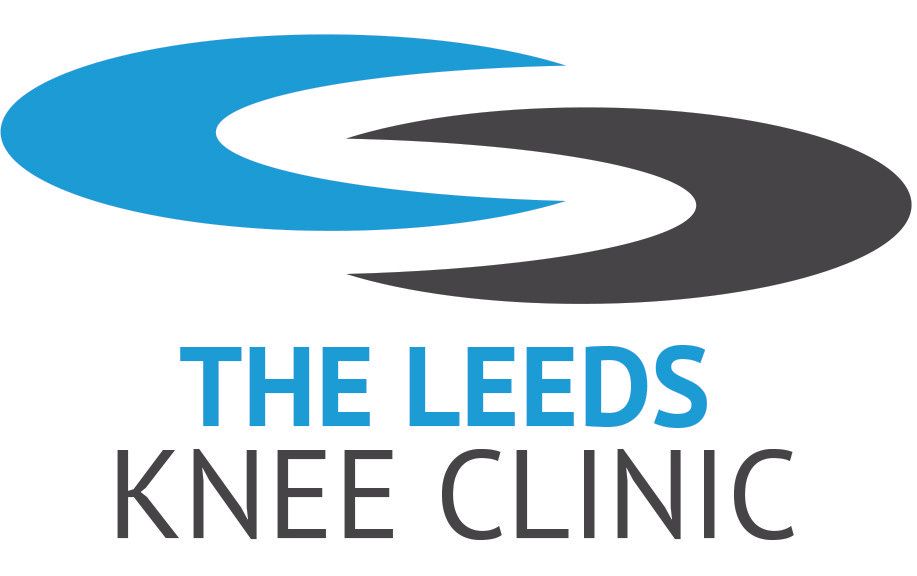Attune total knee arthroplasty: is there evidence of early tibial component de-bonding? A prospective cohort study with a minimum two-year follow-up.
Abstract
New TKA are designed to optimize patient outcomes and improve implant longevity such as the Attune TKA. Concerns have been raised regarding a potentially high rate of early de-bonding at the implant–cement interface of the tibial component. Our study aimed to prospectively assess the clinical outcomes and radiographs of a consecutive series of patients undergoing either Attune TKA or another modern TKA for OA to establish failure rates and compare radiological abnormalities.
96 Attune TKA performed by three surgeons at our local center were matched to 96 control TKA (PFC/Vanguard) performed between 2015 and 2017. Day one, one year and two year post surgery radiographs were analyzed by two independent, blinded assessors. Clinical outcome was assessed using the Oxford Knee Score and survival of the implant recorded. Patients were contacted two years from surgery, 93 Attune and 92 control TKAs attended for clinical and radiological assessment by the same independent assessors.
No TKA in either group were revised. No significant radiolucencies (≥2 mm) at the cement-bone or implant-cement interfaces were encountered in either group. The incidence of radiolucencies (<2 mm) across both interfaces was similar between both groups and did not affect clinical outcome. There was no significant difference between the incidence, progression and extent of radiolucencies at two years follow-up in either of the groups as compared with one year. No clinically relevant adverse radiographic features were found in this prospective cohort study comparing a consecutive series of Attune TKA with a matched group of established, modern TKA designs.
Read more: https://www.sciencedirect.com/science/article/abs/pii/S2214963521000377











